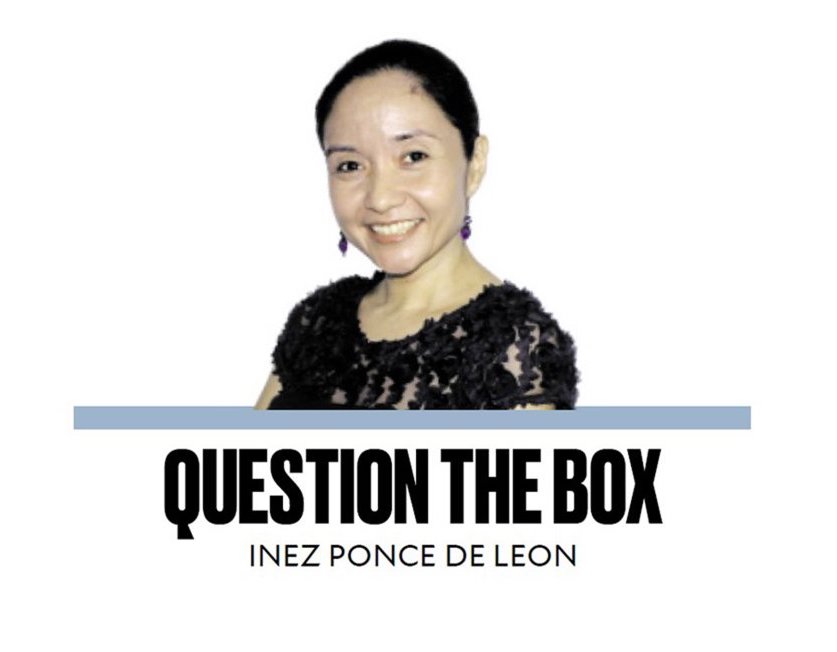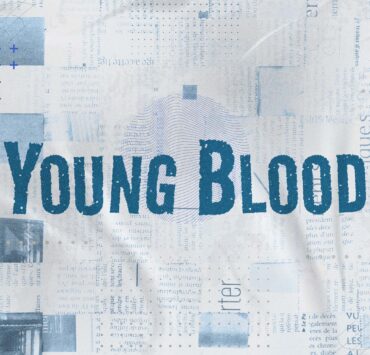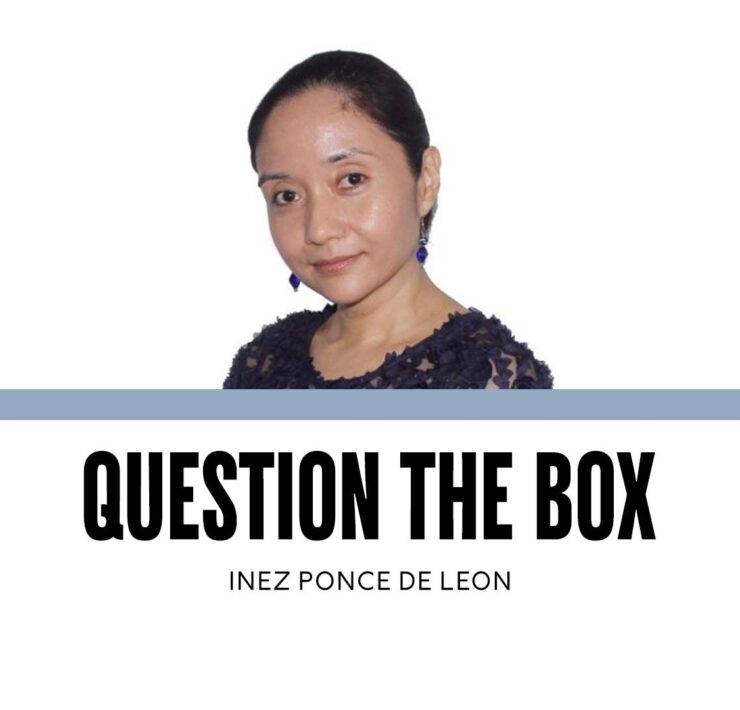Safe spaces for integrity

Every year, we hold a week of mediations, where our students (mostly first-year communication majors) examine a social problem through the lenses of communication theories. Our students report on their papers, then discuss their findings with a panelist to help refine their ideas.
Whenever I serve as a panelist for mediations, I always ask the questions the late Fr. Joaquin Bernas, SJ, would ask his students: Why is your analysis correct? Why is it wrong?
This pair of questions, though used in law school, also helps undergraduates think and discuss alternative views. Consistent with the Ignatian Pedagogical Paradigm, we want our classrooms to be safe spaces for all kinds of viewpoints, where students wrestle with ideas, call each other out if something is amiss, even correct their instructors as long as they have a basis to do so. It is an environment that we hope students replicate in their professional lives.
However, many of our students have come back with horror stories of single-minded bosses, ill-planned campaigns, or bad industry practices.
The latest comes from a former thesis student who is pursuing a master’s degree at another university, in a communication-allied field.
I had worked closely with her cohort in qualitative research and in science and risk communication. I had watched these students interrogate current events, argue against a darkening shroud of elections, even commiserate with each other when Leni Robredo lost.
It came as no surprise when many of them pursued national issues for their senior thesis. They had been so accustomed to having their views welcomed and challenged; they had been trained to do research, to recognize injustice, to debate and discuss. During their thesis, they contended with bureaucracy, skepticism, even government agencies that mocked them because their findings had been too scathing, too radical for places where change was hard to implement because people were trapped in silken smooth inertia.
My former student would always send me messages of gratitude for how our classes had drilled her in research and theory. In graduate school, she had become the tutor to many of her classmates, who had not had her experience of conceptualizing research, gathering and analyzing data, and documenting their work.
Her story began in 2024, when she and her group submitted a document as a class requirement. In 2025, she was once again classmates with the same groupmates, but one of the members joined another group.
Her former groupmate asked if he could consult their 2024 submission, in particular the survey data she had used and written about, for their current class project. My former student agreed.
Their instructor gave them access to each other’s final papers. Toward the end of the semester, my former student opened the other group’s document to see how they had used the survey data. She found that they had copied most of the 2024 document word for word, in particular the analysis, which she had written on her own.
The 2025 document was plagiarized.
Plagiarism is an academic offense, and it must be dealt with by the instructor, who should then escalate it to the department chair.
Therefore, since the deadline for submission was over, my former student messaged her instructor. She attached screenshots comparing the 2024 and 2025 documents, showing exactly what text had been lifted.
Her instructor thanked her but later pressured her to disclose to the class group chat that she was going to file a plagiarism case. He wanted her to present her case and show evidence, and he would merely act as a presider.
He even remarked that the group that had copied her work had also received good comments from their panel, so my student’s allegations were “making everyone look bad.”
Even the department chair agreed with the professor on pushing the students to settle the case among themselves. All this, despite plagiarism being an issue of academic, not personal, dishonesty.
The other group, meanwhile, took offense and lashed out. A group member threatened to sue her for libel, while another wanted to sue her for damages to his mental health. All this, from people who had copied her work.
My former student still wants to finish her degree. She only wants the other group to rewrite their document and not claim her text as their own. She doesn’t want anyone expelled or fired. Even in crisis, she has class.
Having a safe space to challenge convenience is necessary if we want our students to one day argue with respect and logic, to empathize without losing the rationality that many issues demand, to think for themselves instead of passing off someone’s ideas as their own.
A plagiarism charge is not a killjoy response to Oscar Wilde’s “Imitation is the sincerest form of flattery.” The real quote is actually much longer: imitation is the sincerest form of flattery that mediocrity can pay to greatness.
And there should be no space for mediocrity—not in our schools, not in our government, not in our society.


















